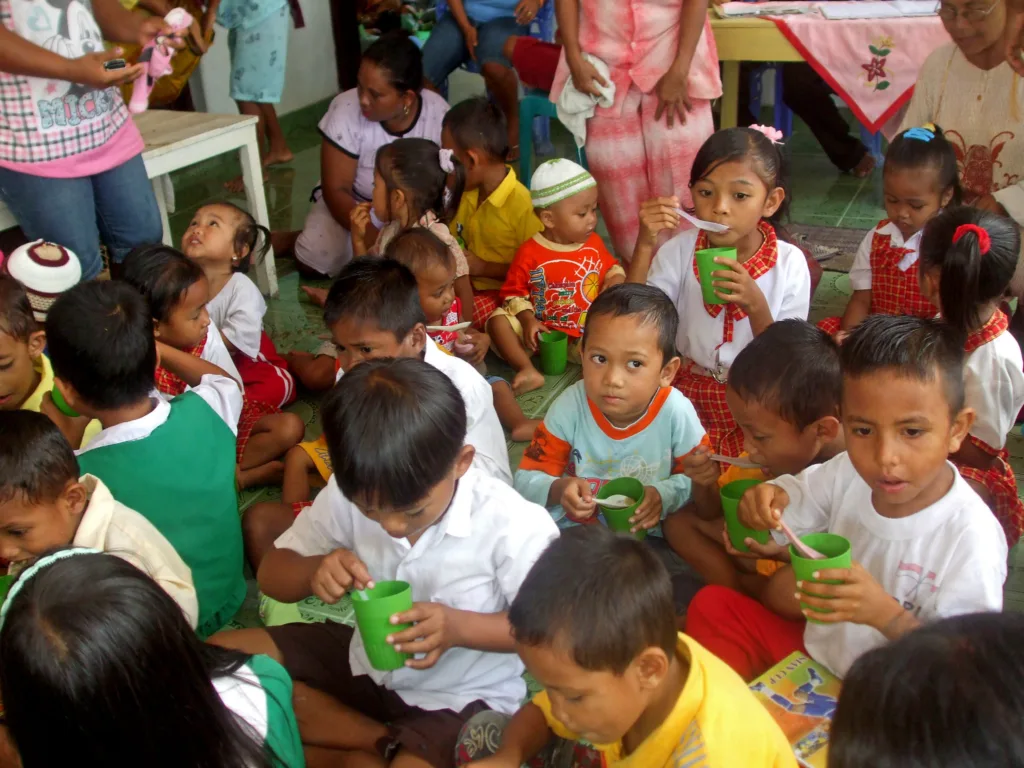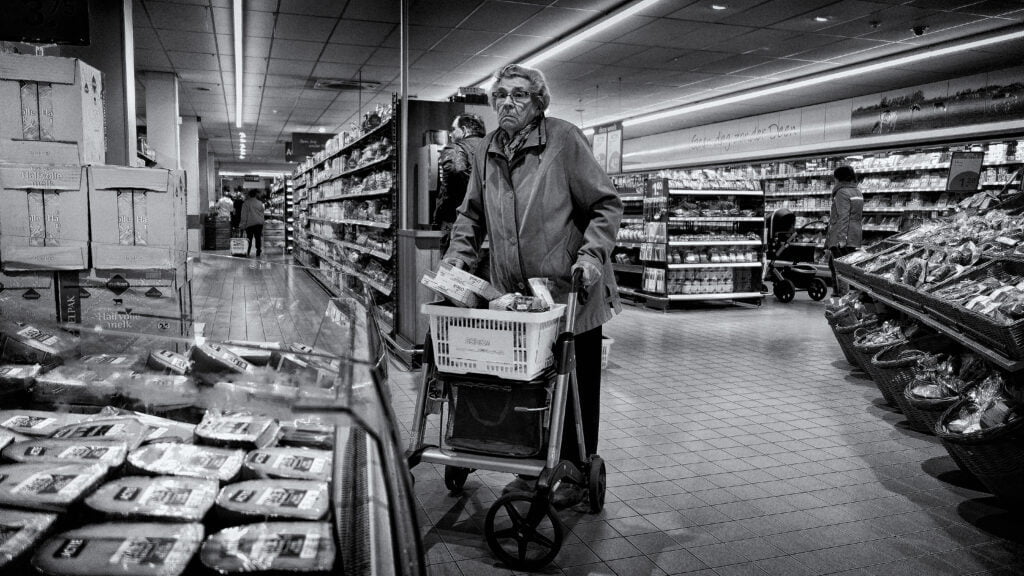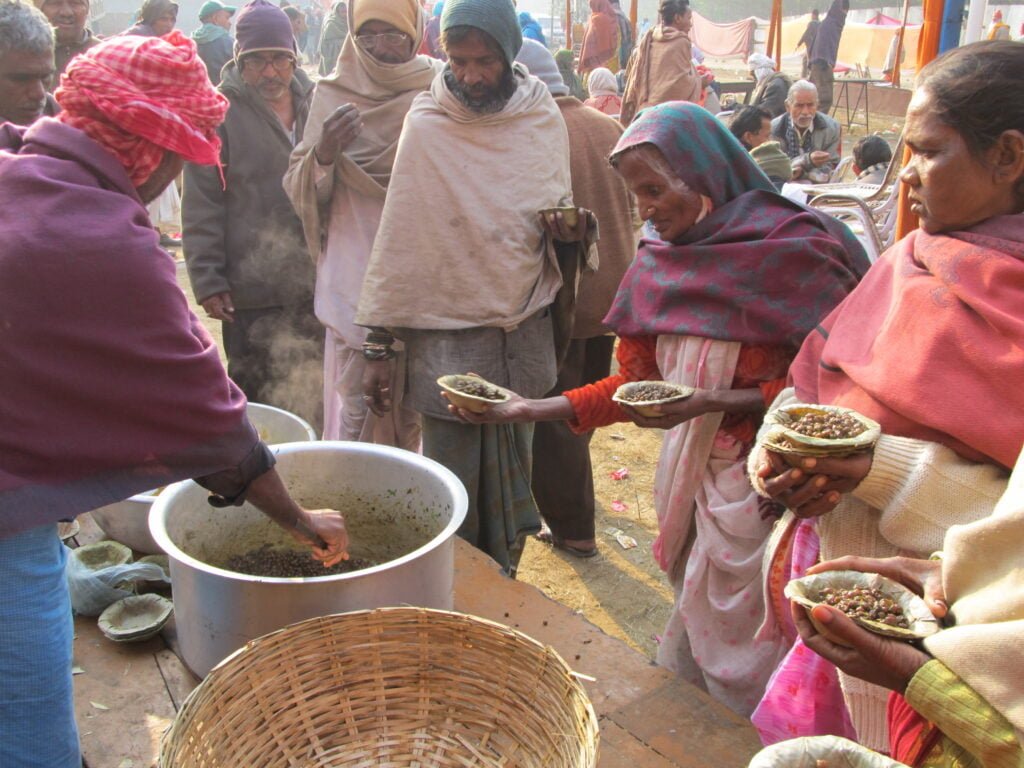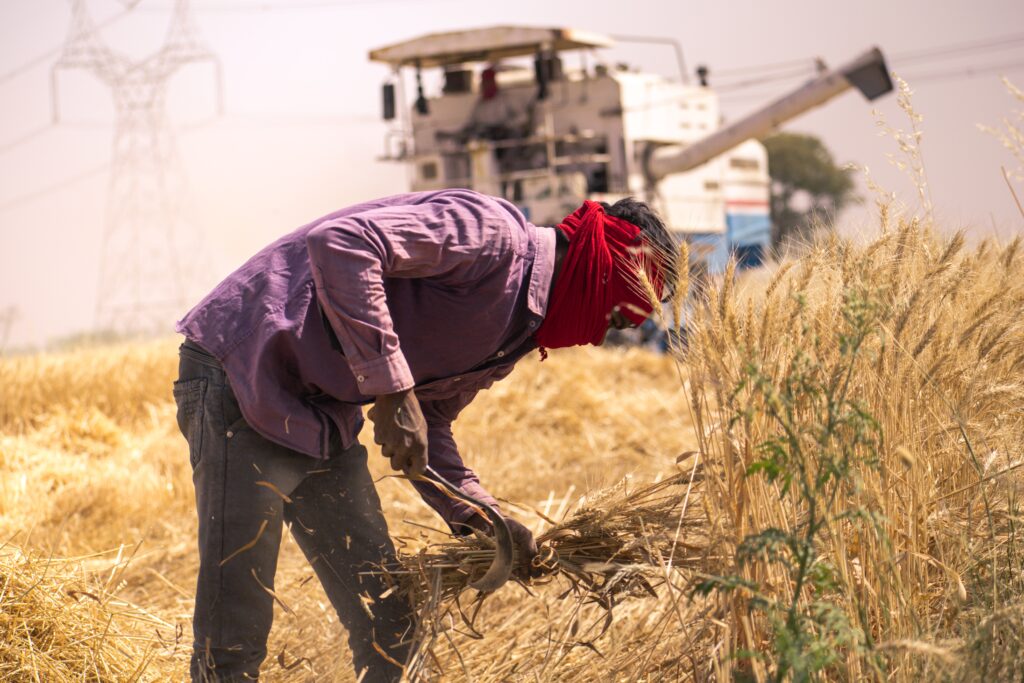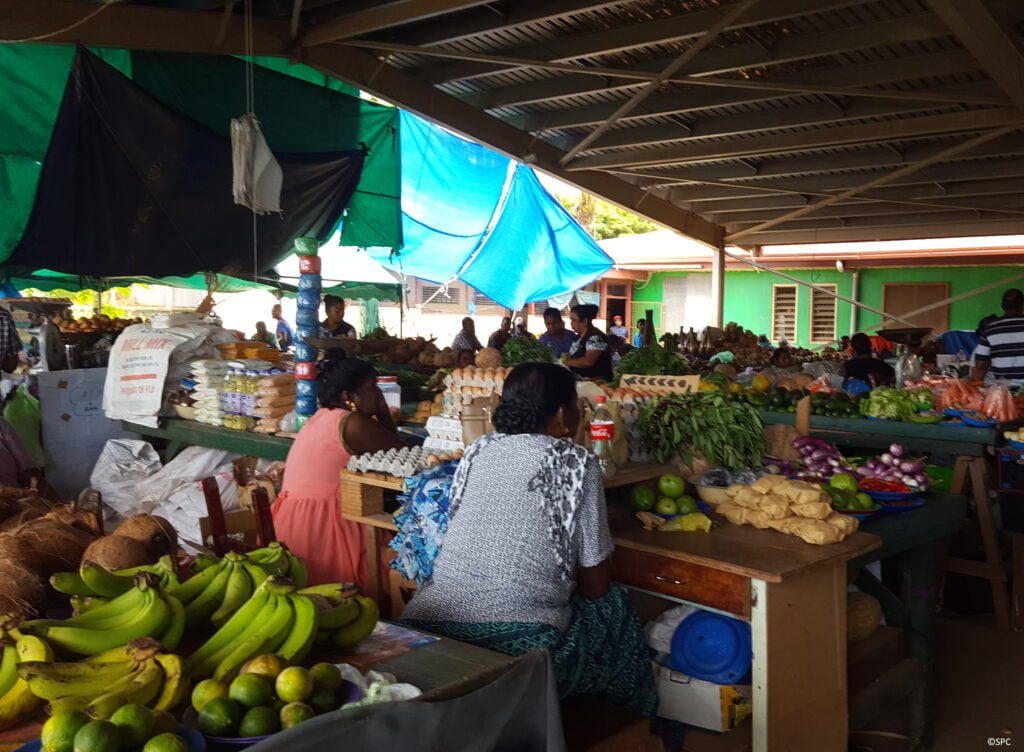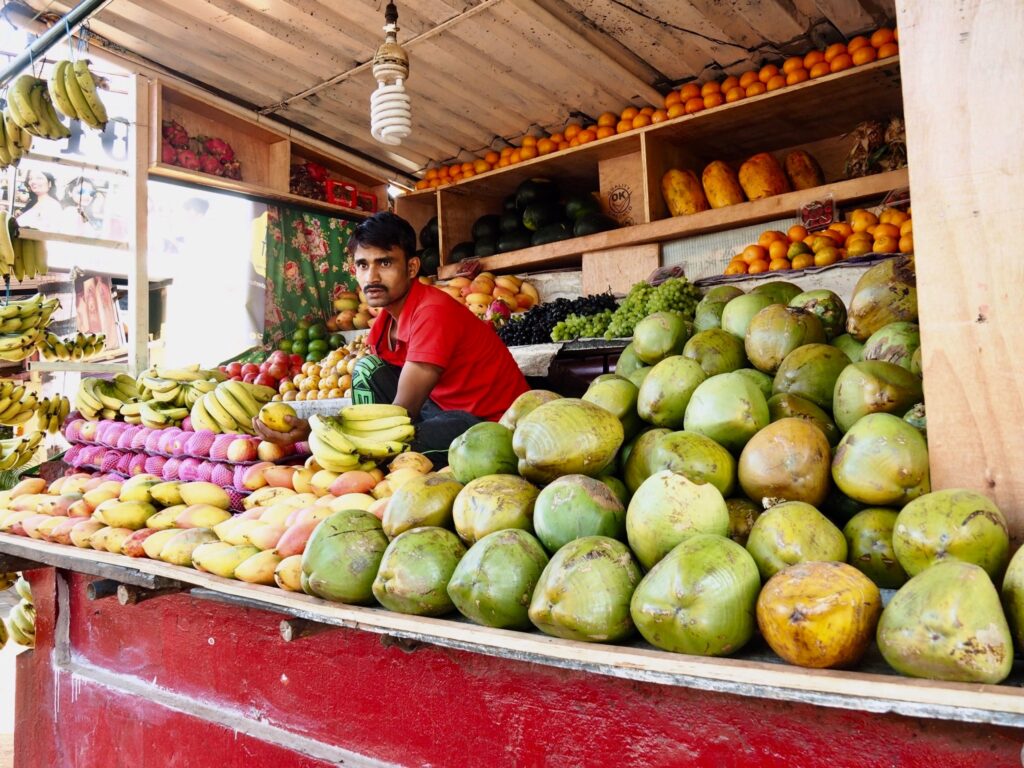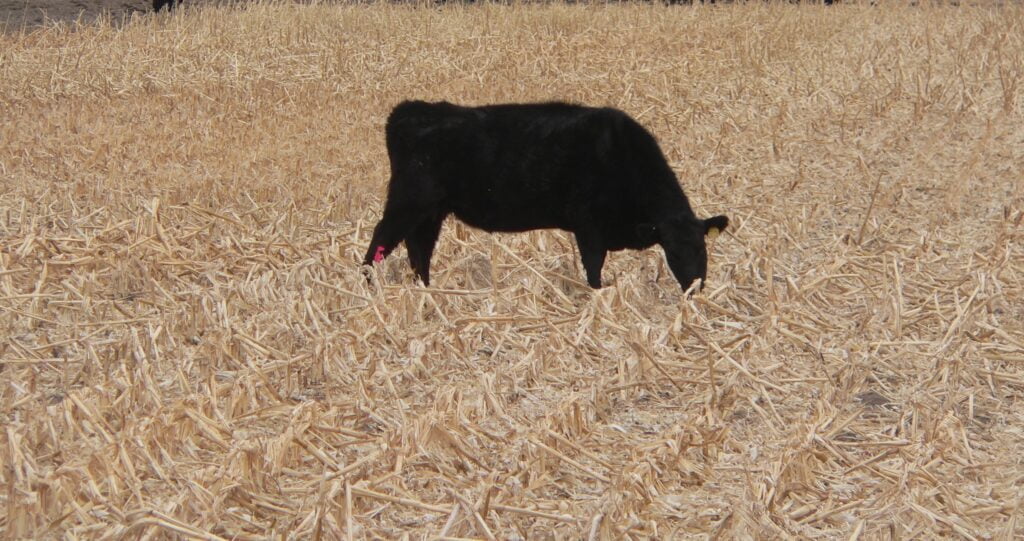A government-research-industry collaboration in Indonesia is boosting production of a national favourite.
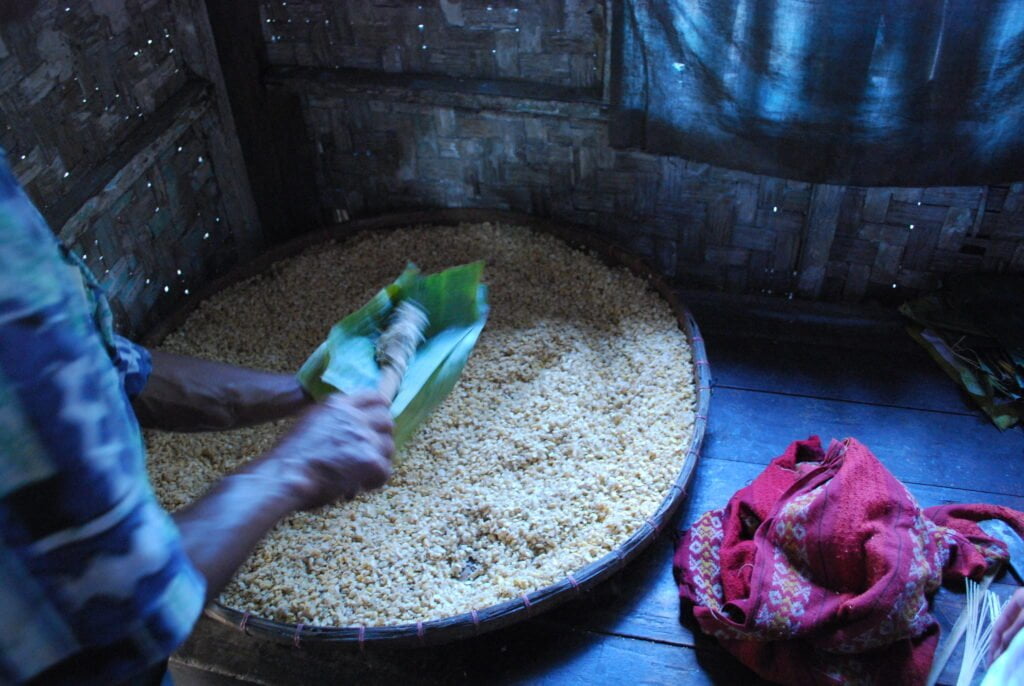 High protein Tempe in Indonesia relies on imported soybean (Rijk Willemse) : Rijk Willemse/Flickr CC by 2.0 Rijk Willemse
High protein Tempe in Indonesia relies on imported soybean (Rijk Willemse) : Rijk Willemse/Flickr CC by 2.0 Rijk Willemse
A government-research-industry collaboration in Indonesia is boosting production of a national favourite.
Tempe is a fermented soybean product originally made by Central Javanese people through fermentation with Rhizopus species. Most people would struggle to place the origins of the popular fermented bean curd, but historical accounts date it from Indonesia, as long ago as thousands of years.
Yet today, almost all tempe, the most widely consumed protein in Indonesia, is made from imported beans. Indonesia’s local soybean production systems are old, inefficient and ineffective. But a government intervention to boost the local soy industry is rekindling dreams of truly Indonesian tempe.
The Indonesian Central Statistics Agency (BPS) says the national demand for soybeans currently stands at 2.8 million tonnes a year, whilst domestic production is recorded at a mere 800 thousand tonnes a year. Over the past ten years, the volume of imported soybeans has reached up to seven times that of local soybean production. Demand for soybeans continues to increase with rising population and appetite for soybean-based food and feed industries.
Meanwhile, national bean production has decreased. Land availability for planting soybeans has reduced as a result of land conversion (from farming to housing) and competition with other crops. Imported soybeans have more consistent quality, further suppressing the competitiveness of local products.
At the beginning of 2022, local tofu and tempe producers went on strike, protesting the skyrocketing price of imported soybeans, revealing the heavy reliance on imported raw materials and the instability in the domestic food industry.
To remain competitive with imports, local soybean production, both for consumption and for seeds, requires more efficient production and strong quality control. And with the latest technological developments increasing the ease, speed and accuracy of production activities, showing precision agriculture for Indonesia can be possible. Furthermore, the use of information technology, automation, database management and the internet of things (IoT), provides many opportunities to increase speed, accuracy and in turn to improve production.
A smart, integrated soybean agroindustry system called Smart Agricultural Enterprise (SAE) has been developed by researchers in Faculty of Agricultural Technology Universitas Gadjah Mada. The SAE system combines integrated agricultural intensification via environmentally friendly cultivation (regenerative agriculture), smart field and weather monitoring systems, real time traceability of the product from planting to harvesting, and efficient postharvest technology and marketing to increase productivity, quality and traceability of soybean production to meet demands as well as improving human resources.
The SAE system supports the application of science and technology to harness local wisdom on sustainable agriculture to produce an optimal industrial standard of soybean. The system is also facilitating efficient post-harvest handling and building partnerships with farmers and industry from sowing to market.
The platform has been implemented in several areas in Bantul and Klaten regencies in Yogyakarta and Central Java and has improved soybean cultivation by up to 200 percent. The system has now been adopted by governments and farmers and a larger application of the system is in progress.
Application of SAE is an example of how integrating agricultural research to practice can encourage the growth of industry. It is improving the quantity, quality and consistency of domestic soybean production, giving farmers better returns compared to other crops. If governments needs to support a particular market to boost nutrition and domestic capability, collaboration with institutions including academia can be a path forward. Through such endeavours, soybean production has been lifted in Indonesia, resurrecting the dream of self-sufficiency.
Eni Harmayani is a professor and the Dean at the Faculty of Agricultural Technology, Universitas Gadjah Mada. Her works focus on food and agricultural technology. Prof. Harmayani declared that she has no conflict of interest and is not receiving specific funding in any form.
Originally published under Creative Commons by 360info™.


